The 46-inch Driver
After re-shafting a few off-the-rack drivers recently that had an overall length between 45.5 inches and 46 inches, I wondered once again why golfers are buying clubs at this length. It's difficult to hit a tee shot with with any consistency and accuracy playing drivers at this length. A wide shot dispersion does no good to anyone's game.
Since many new driver purchases are influenced by endorsements from leading tour pros, we did a little research to learn how many of the top players use 46-inch drivers. We admit to not being exhaustive here, but we found less than 10% of the best players on the planet use these drivers. Pro long driver hitters were excluded from the group since they play a radically different game.
Some of the longest hitters on tour play drivers that are 44.5 inches long. When a 6-ft 3-inch pro in the top echelon of the game plays a 44.5-inch driver and routinely achieves well over 300 yds distance, we think it's telling golfers that clubhead speed is more important than club length. Golfers forget that swinging a long driver takes measurably more effort/energy than swinging a shorter driver.
Why buy long drivers? In a word, marketing. The OEMs would have you believe that to hit the ball a greater distance, you need a longer driver. Again, let me emphasize, it's not length but clubhead speed that determines distance when considering key driver specifications. All of the important technology designed into a driver is there to increase clubhead speed and accuracy. Speed yields distance.
There are some key advantages to playing short drivers. First and foremost is finding the fairway -- it's usually easier to have a safe approach to the green from the fairway than from the rough. It's another way of saying that accuracy and consistency with the driver is needed to give you the benefit of greater clubhead speed.
Our advice to amateur golfers is do not buy drivers over 45 inches in length. Focus your decision on the technology that improves your accuracy and consistency. Knowing your swing tendencies is a hugely important part of the process. For example, do your swing mechanics cost you distance and accuracy? Are you buying a driver that reinforces poor technique? Are you buying a driver longer than you can control? One correctly fit custom driver costs less than replacing one off-the-rack bargain after another.
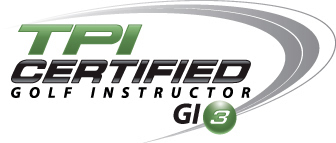

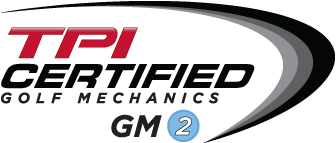



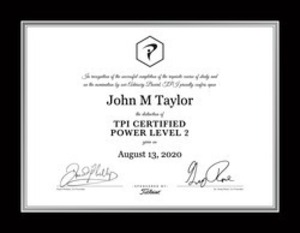


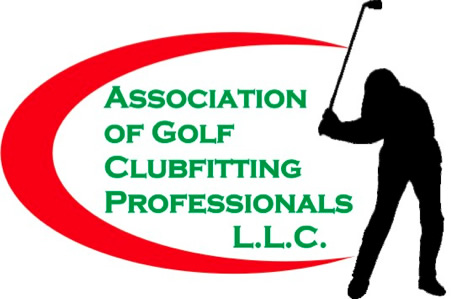

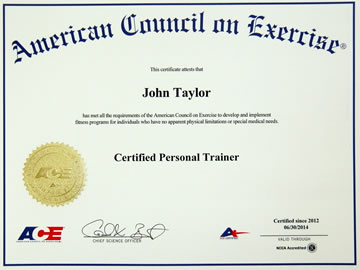
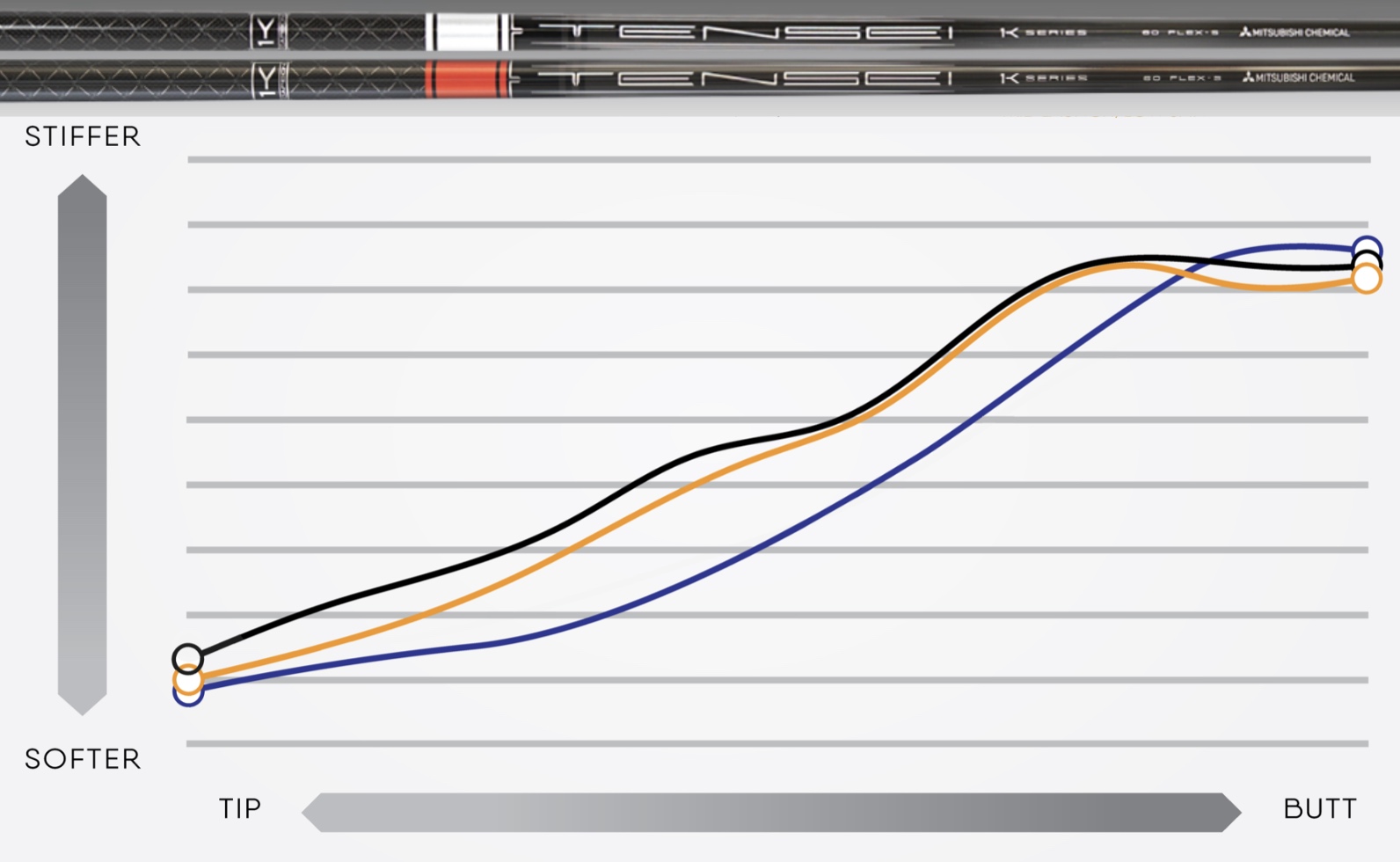
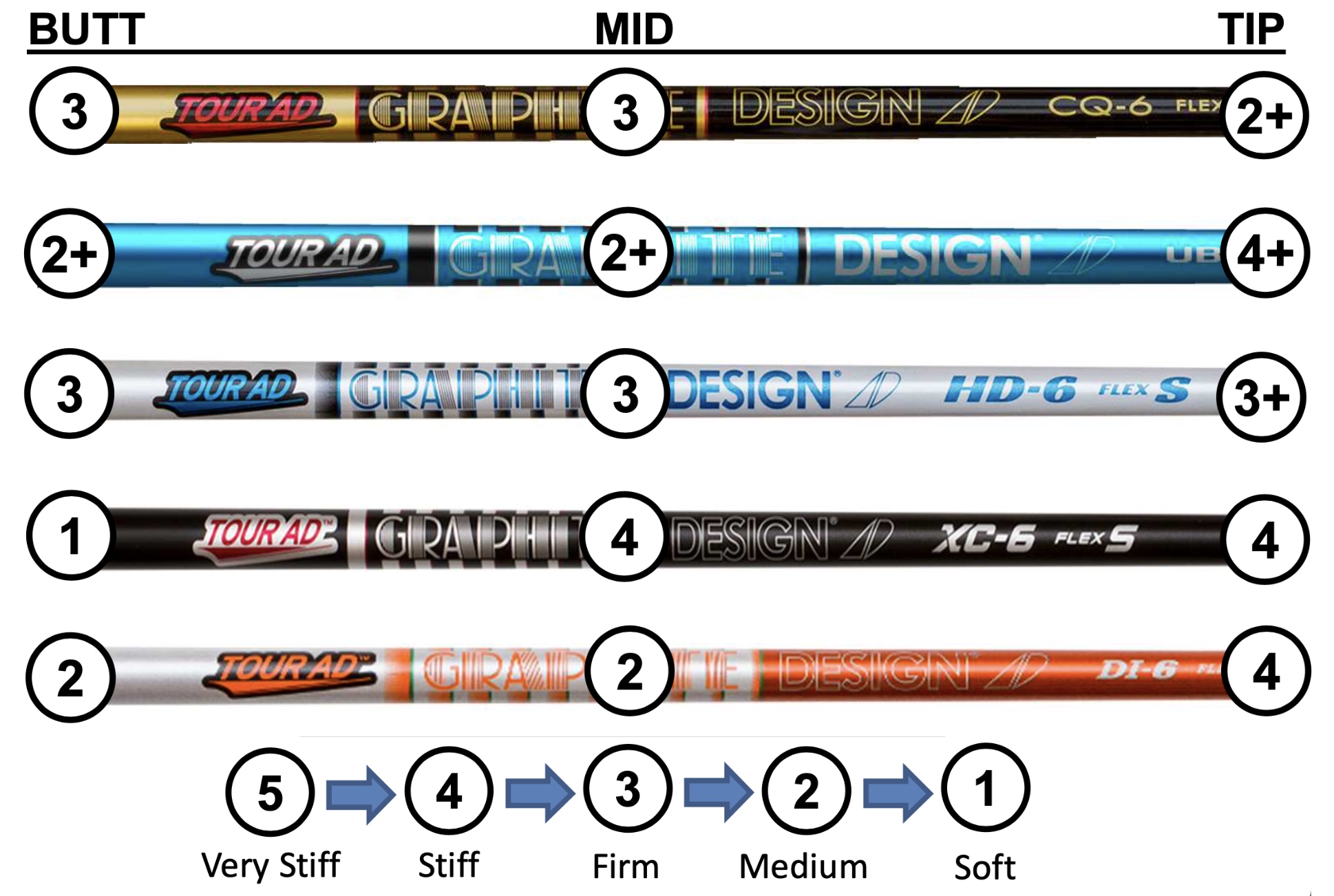






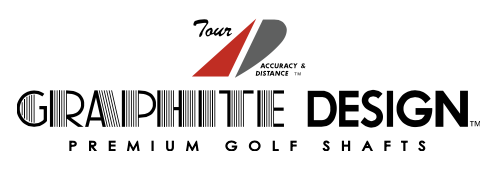



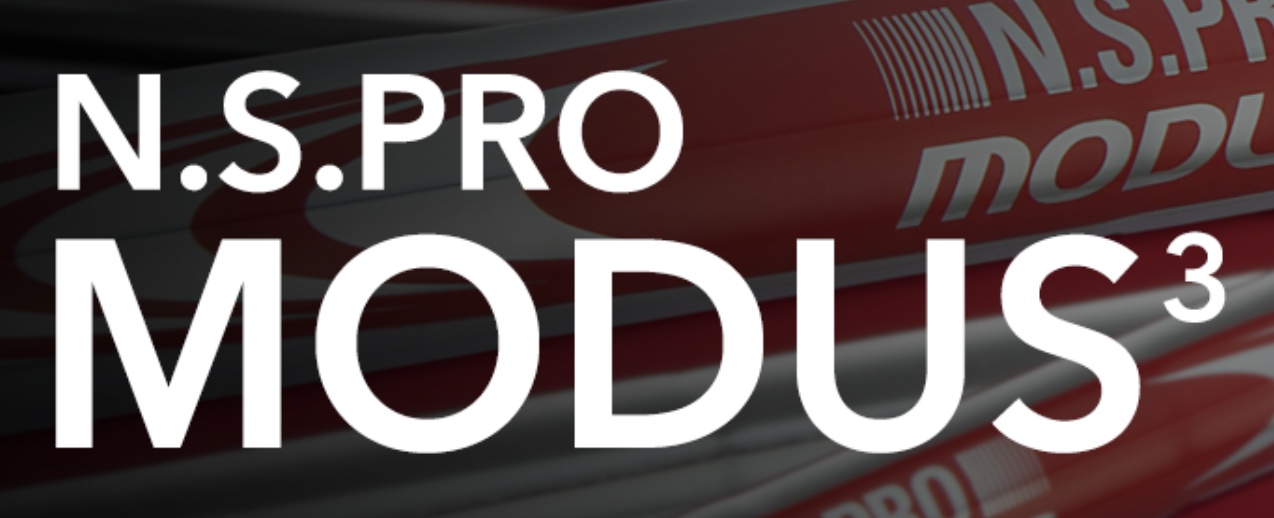


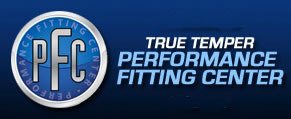

 John Taylor
John Taylor
Reader Comments